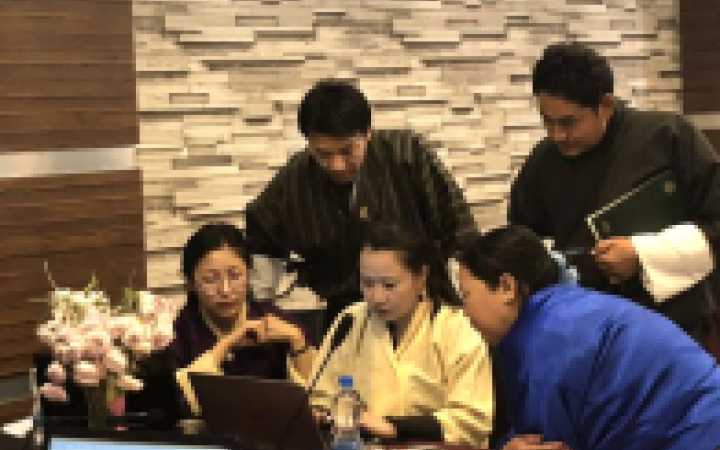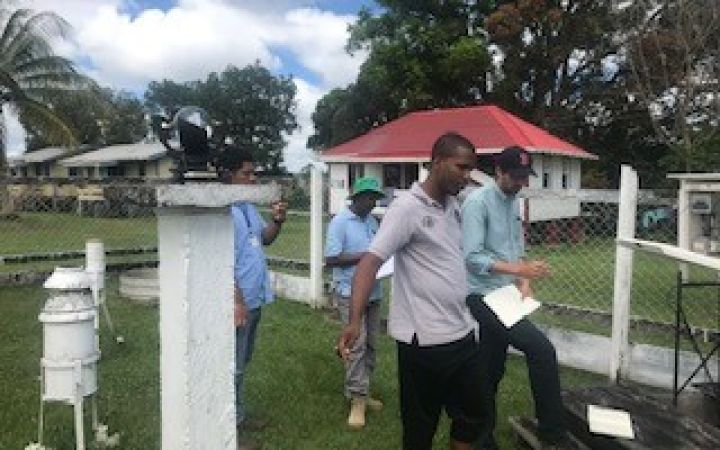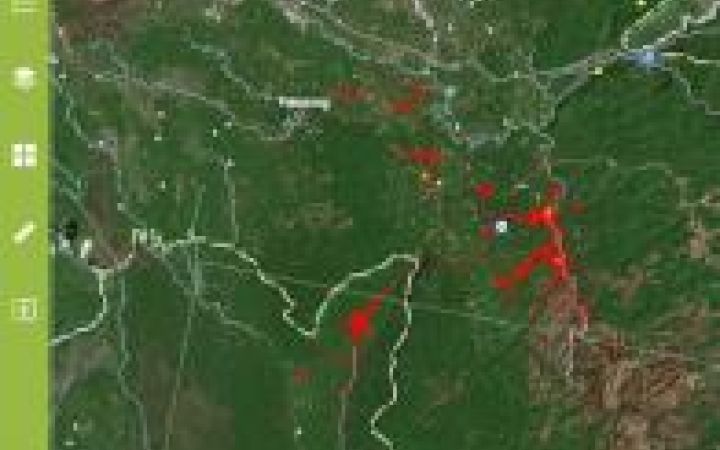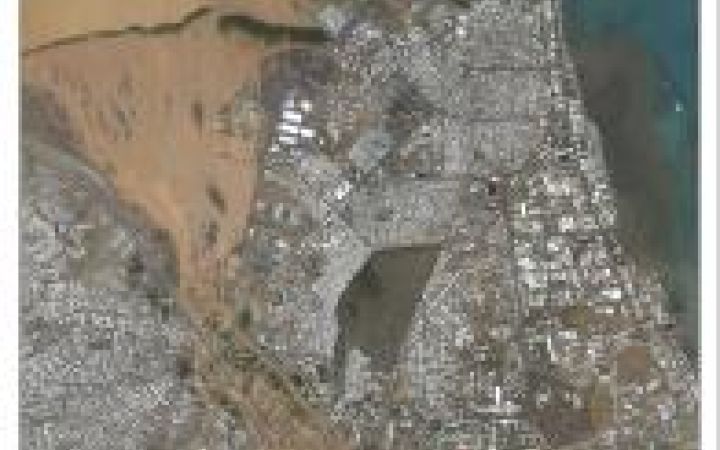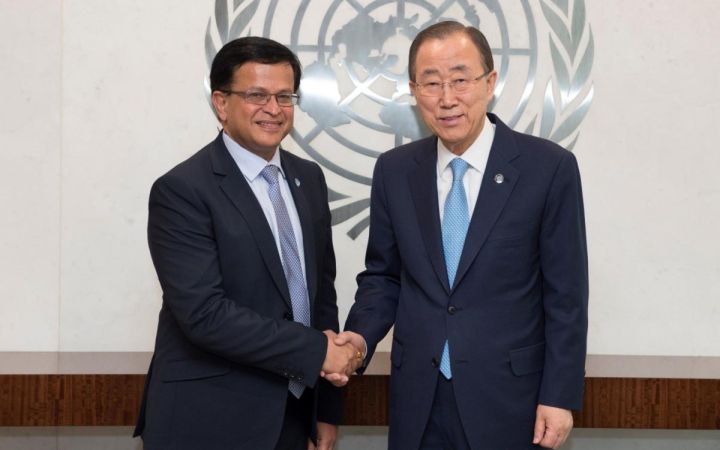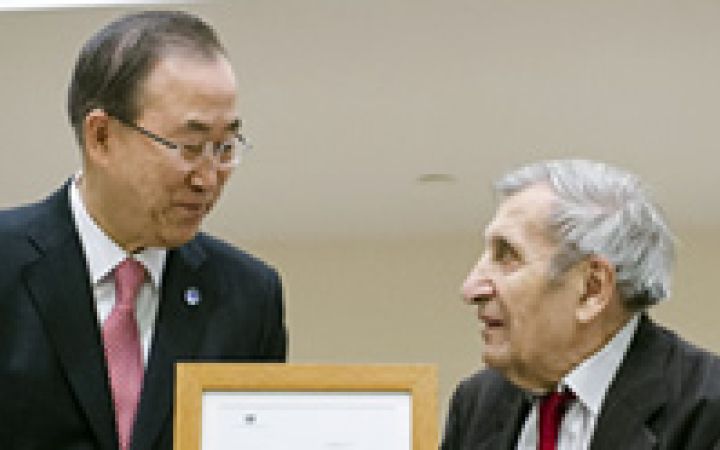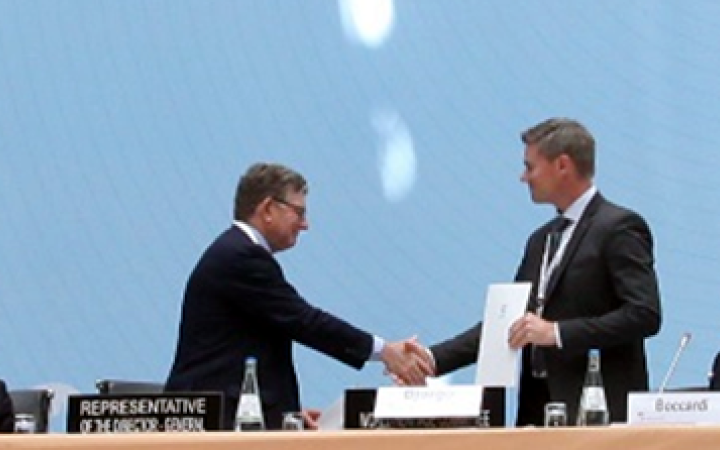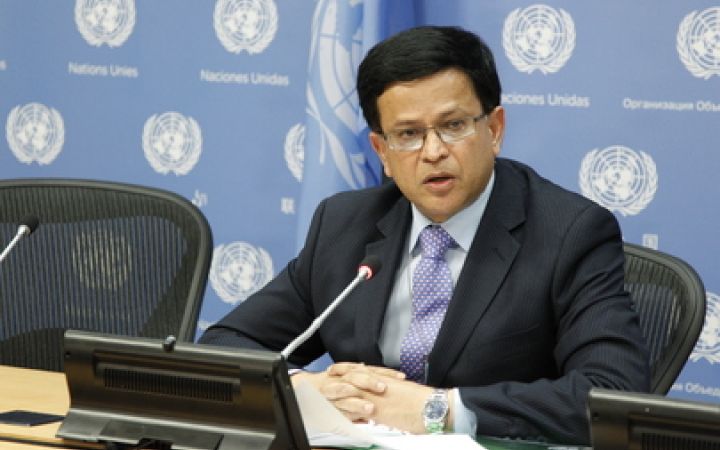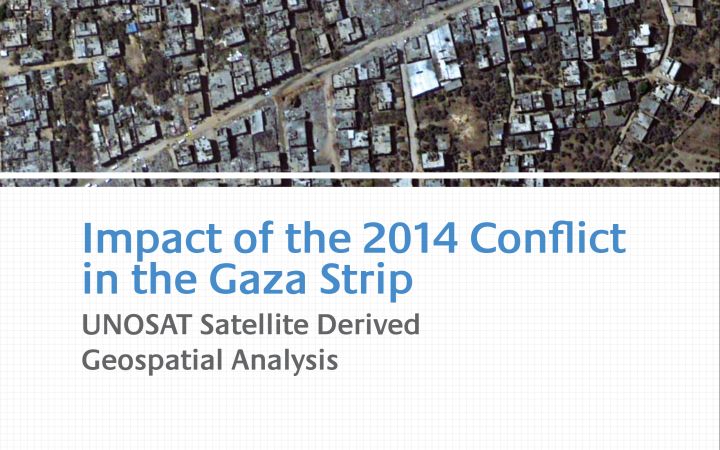Displaying 91 - 100 of 132
22 October - 2 November 2018, Thimphu, Bhutan – UNITAR-UNOSAT has delivered a two-week training programme, with support from the State of Qatar, to enhance the use of geospatial technologies for evidence-based decision making in Bhutan. The in-country training was organised in cooperation with the National Land Commission Secretariat of the Royal Government Bhutan, and it also brought together government officials from the selected line ministries, such as Ministry of Information and Communications, Ministry of Agriculture and Forests and Ministry of Economic Affairs.
UNITAR-UNOSAT is currently collaborating with UNDP and national stakeholders to bolster disaster management capacity in Guyana and Dominica, with a specific focus on women, through the 3-year project funded by the Government of Japan. The project “Strengthening Disaster Management Capacity of Women in the Cooperative Republic of Guyana and Commonwealth of Dominica” is being implemented in partnership with the UNDP Barbados, UNDP Guyana and the member states of OECS (Organisation of Eastern Caribbean States).
UNOSAT Supports Humanitarian Response After Dam Collapsed in Lao PDR
UNOSAT and UNDP Organize Joint Training to Streamline Use of Geospatial Technologies
UNOSAT Supports Disaster Risk Reduction in Djibouti After Tropical Cyclone Sagar
10 March 2016, New York, USA - Mr. Nikhil Seth, UNITAR Executive Director, met today with the United Nations Secretary-General , Mr. Ban Ki-moon at the United Nations Headquarters in New York.
19 January 2016, Geneva, Switzerland - It is with great sadness that we learned that our highly respected and beloved colleague, Mr. Jean Gazarian, UNITAR full-time Senior Fellow, passed away yesterday at the Mount Sinai Hospital in New York, United States. Our heartfelt condolences go out to his family.
30 June 2015, Bonn, Germany – UNESCO and UNITAR (the UN Institute for Training and Research) have signed an agreement to protect cultural and natural heritage sites with the latest geo-spatial technologies. It was signed at the annual meeting of the World Heritage Committee in Bonn, Germany, and will be delivered through UNITAR’s Operational Satellite Applications Programme (UNOSAT).
United Nations Secretary-General Ban Ki-Moon announced today the appointment of Nikhil Seth of India as Executive Director of the United Nations Institute for Training and Research (UNITAR). He will succeed Sally Fegan-Wyles of Ireland, to whom the Secretary-General expressed his utmost gratitude for her dedication and commitment to the United Nations.
This satellite derived geospatial analysis documents damages over the Gaza Strip following the July-August 2014 conflict. It is based on analysis of commercial satellite imagery and quantifies damage to overall building structures, health facilities, education facilities, agricultural fields and greenhouses. The study also compares damage from the 2014 conflict to that of the 2009 conflict.


